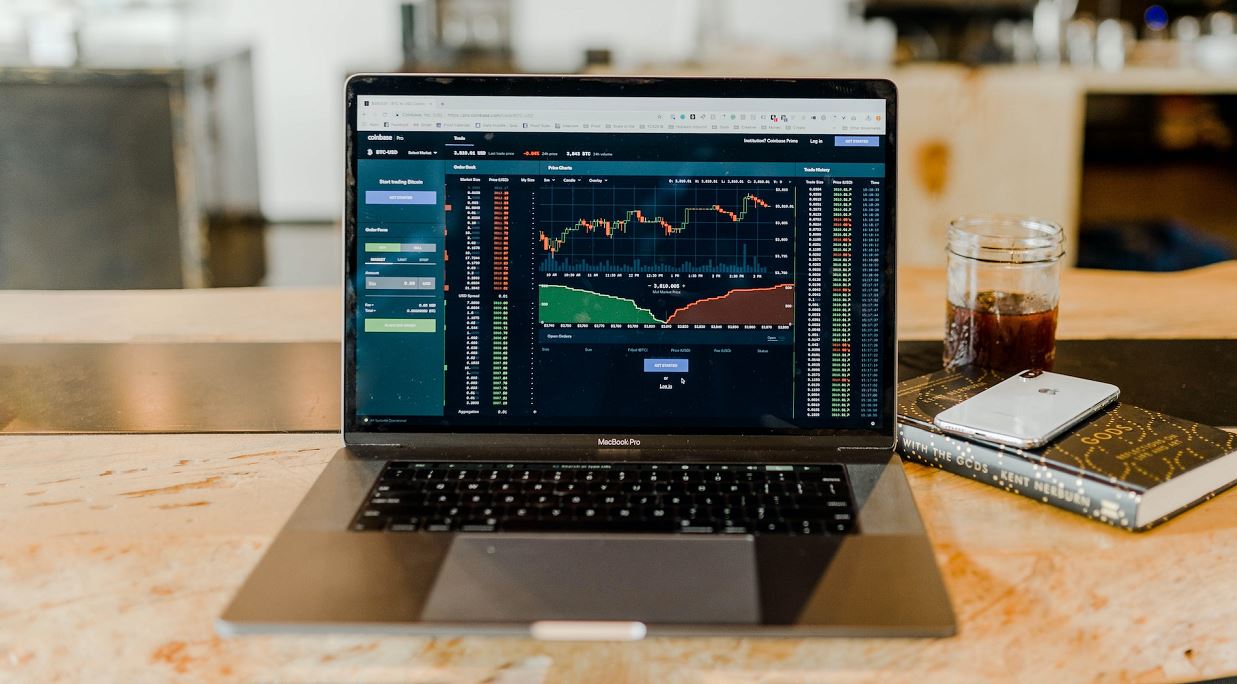news
AI Trading in a Nutshell: A Quick-Start Guide

AI trading systems can automate the process of investing in stocks by detecting patterns and making data-driven decisions. Immediate momentum can also perform technical and fundamental analyses, evaluate historical and current market trends, and identify patterns to improve investment strategies.
The best Artificial Intelligence trading bots will have robust backtest results and a high success rate. This is important for both experienced traders and new investors alike.
What Is AI Trading?
AI trading is a type of automated trading that uses logical algorithms to analyze historical financial data and market trends. It also makes predictions about future market trends, allowing it to make more informed trade decisions. This reduces human biases that can lead to mistakes like overtrading and under-trading, which can significantly hurt your portfolio returns.
Automated trading also saves time by reducing research efforts, which can be time-consuming and challenging for many investors and traders. This allows them to focus more on monitoring their investments and advising their clients.
What Are the Benefits of AI Trading?
AI trading is an investment option that can help you make better decisions by removing emotion and hesitation from the process. It also can help you execute trades more quickly, potentially giving you a competitive edge over investors who depend on manual analysis and research.
AI-powered trading tools can improve accuracy and cut research time by detecting patterns in market data. They can also reduce the costs of investing and trading by automating processes that require human intervention. These tools include robo-advisors, trading execution tools, and research automation platforms.
However, these systems are only reliable to a certain extent. Unpredictable market fluctuations or discrepancies in data accuracy can lead to inaccurate predictions and losses. Furthermore, the black-box nature of these algorithms means that even developers may not fully understand how they arrive at specific decisions. This can create concerns around security, accountability, and ethics.
How Can I Use AI Trading?
AI algorithms allow traders and investors to make predictions about where a stock or other security will go to make a profit. They can also perform automated analysis, facilitating faster decisions and actions.
AI-based trading systems can gather information about an investor’s financial situation and goals through a survey and offer personalized advice. They can also automatically make investments and manage portfolios based on preset objectives. Some systems use passive indexing strategies and Modern Portfolio Theory (MPT), which maximizes return and minimizes risk through diversification.
What Are the Risks of AI Trading?
AI trading uses computer algorithms to automate complex market transactions. As a result, they reduce human error and increase efficiency. However, the use of AI in trading also poses some risks. These risks include cybersecurity, data manipulation, and lack of regulatory oversight.
These systems are only as good as the data they use for analysis. If the data is inaccurate or biased, it can lead to incorrect predictions and suboptimal trading outcomes.
The use of AI in trading can also create ethical and legal issues, such as insider trading and market manipulation. These issues can be difficult to detect and prevent, especially if algorithms are built by humans who may have biases or ulterior motives.
Additionally, reliance on algorithms can be dangerous in the event of unanticipated market changes or rare events that AI models haven’t been trained on. In these cases, it is important to have humans on hand to adapt or override automated decisions.
